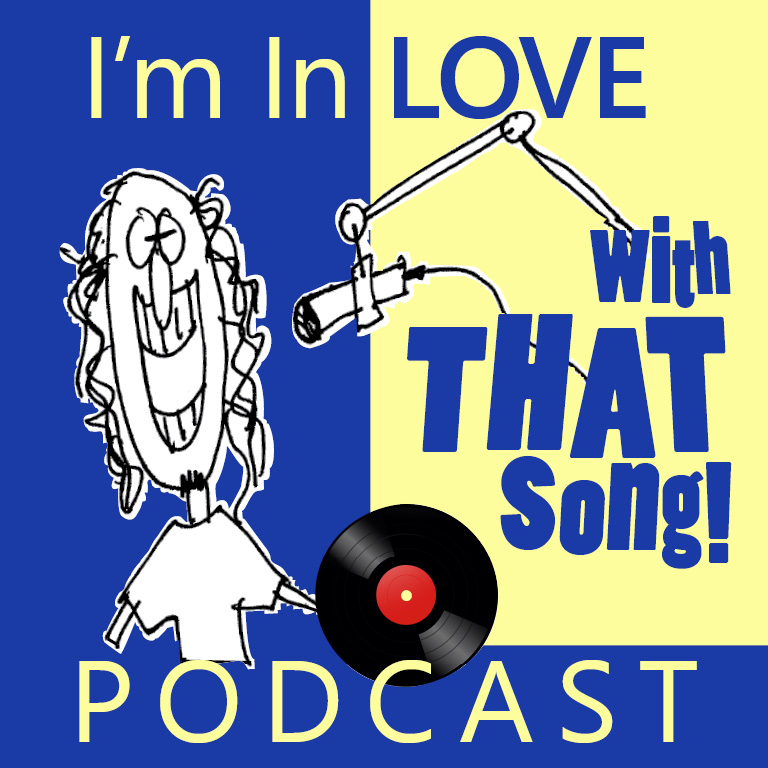Sometimes, when times are tough and it seems like the world’s against you, a song like this can keep you going. A stunning mix of jangling guitars, sparkling harmony vocals, and a heart-wrenching lead vocal by Alex Chilton, this is my favorite song from my favorite album by the band often referred to as “the greatest band you’ve never heard”.
“The Ballad Of El Goodo” (Alex Chilton & Chris Bell) Copyright 1972 Ardent/Koala Music Inc/Birdees Music Corp./Irving Music Inc USA
— This show is one of many great music-related podcasts on the Pantheon podcast network. Check ’em out!

 Click here to play the episode
Click here to play the episode Click here to play the podcast
Click here to play the podcast